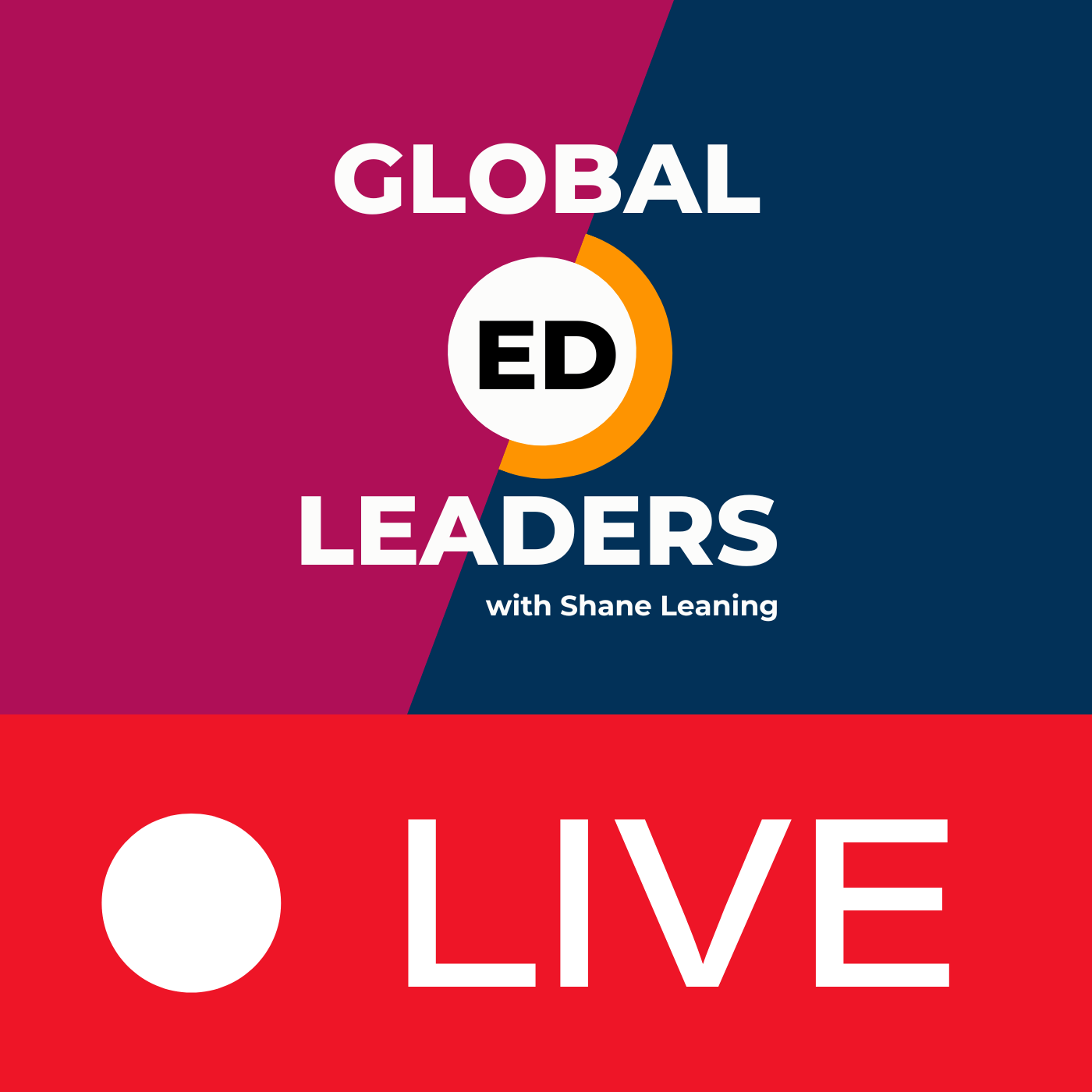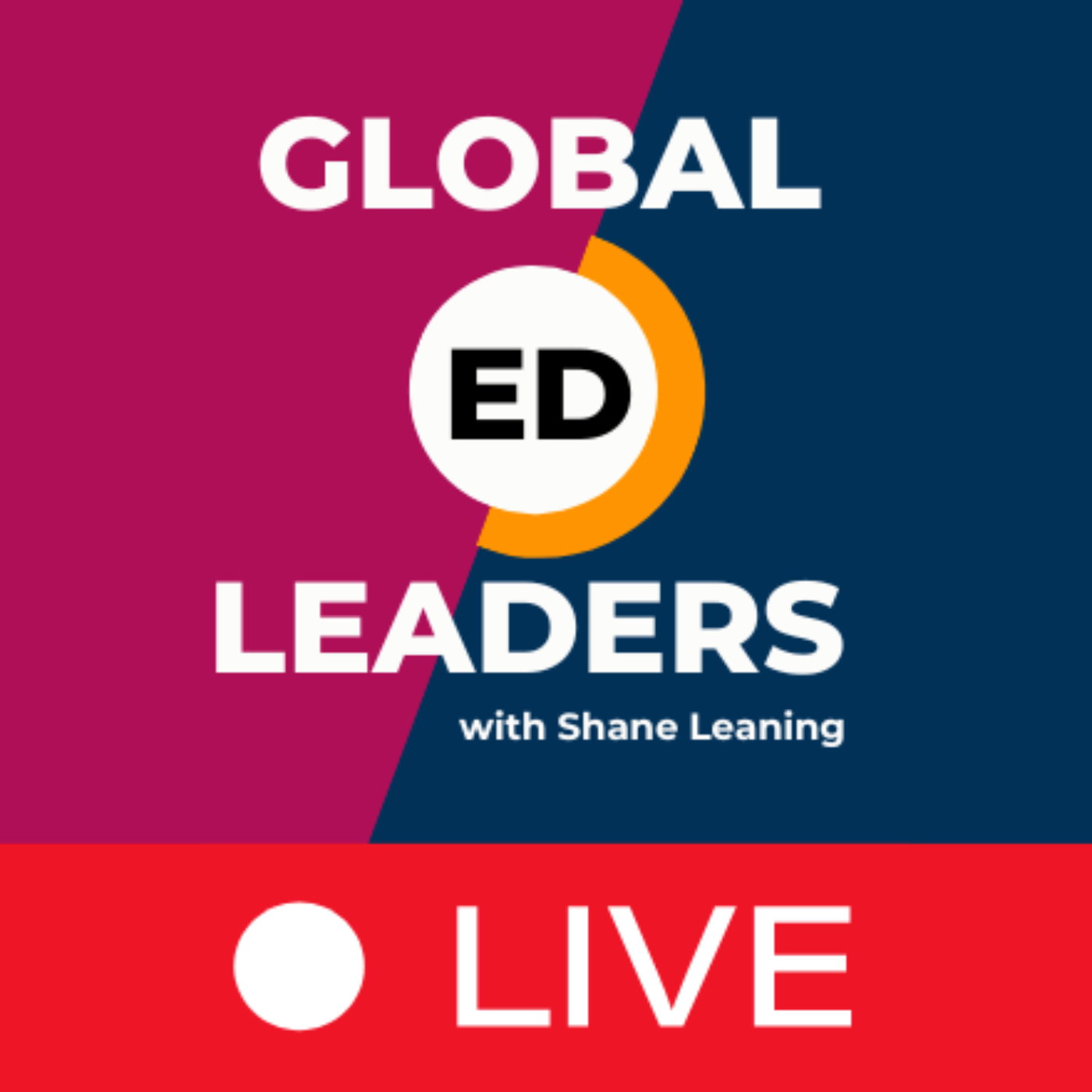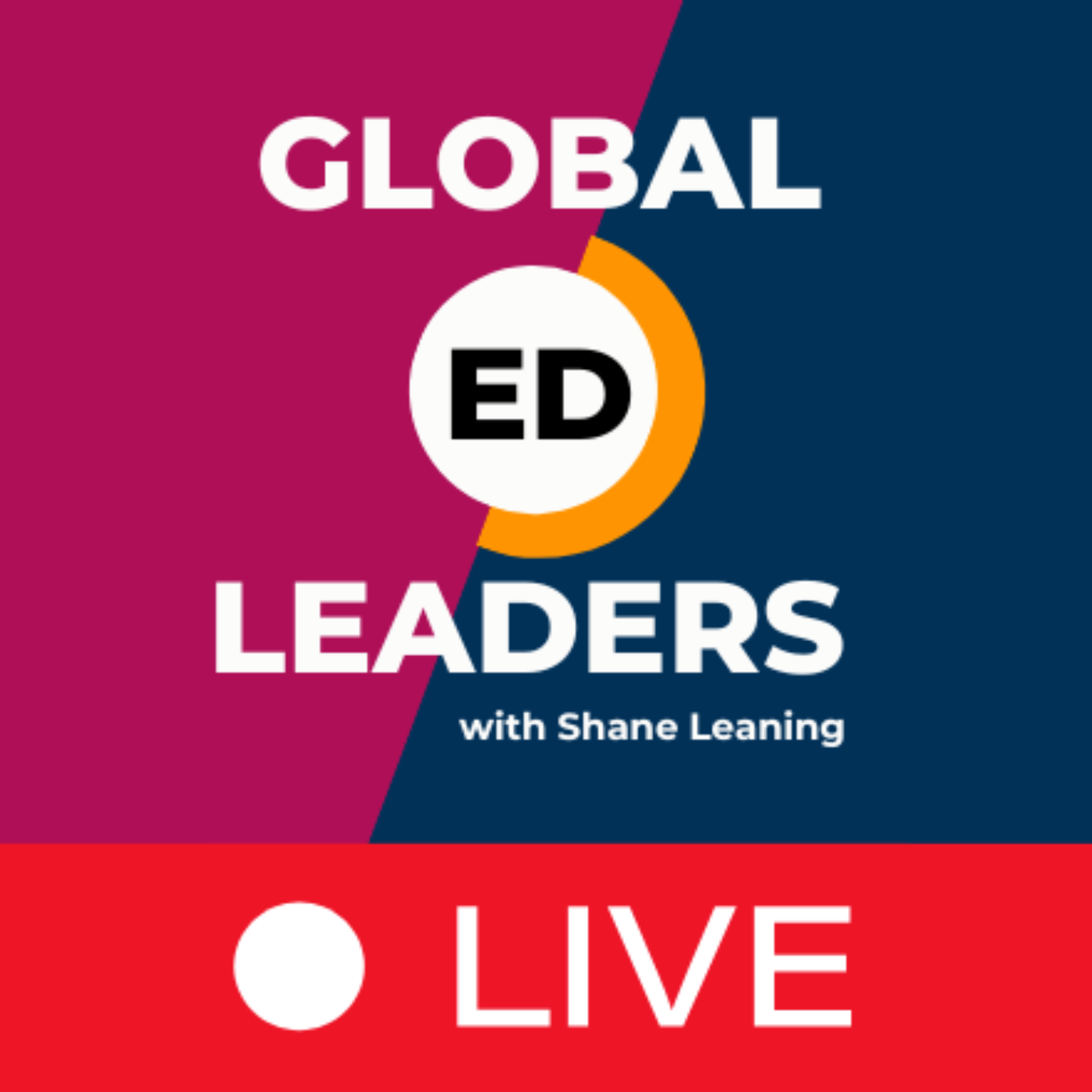
Global Ed Leaders | International School Leadership Insights
Author: Shane Leaning
Subscribed: 10Played: 77Description
International chart-topping* schools podcast for international school leaders wanting to develop their leadership skills.
Each week, host, Shane Leaning pivots between impactful interviews with renowned education leaders and deep-dive solo episodes. We talk trends, strategies, and leadership, making this your audio compass in navigating the global education space.
Every other Tuesday, join interviews, where Shane chats to world-class education leaders, sharing their experiences, insights, and strategies. These candid conversations keep you plugged into the global education network, inspiring new ideas and a fresh outlook on leadership.
In between, Shane hosts solo episodes that take a reflective look at the challenges and triumphs faced by international education leaders. From effective leadership strategies to work-life balance, these reflections resonate with the unique challenges and opportunities of international school leadership.
*Number 1 schools podcast in Education category, incl. Hong Kong, South Africa, Apple Podcasts, April 2024
























